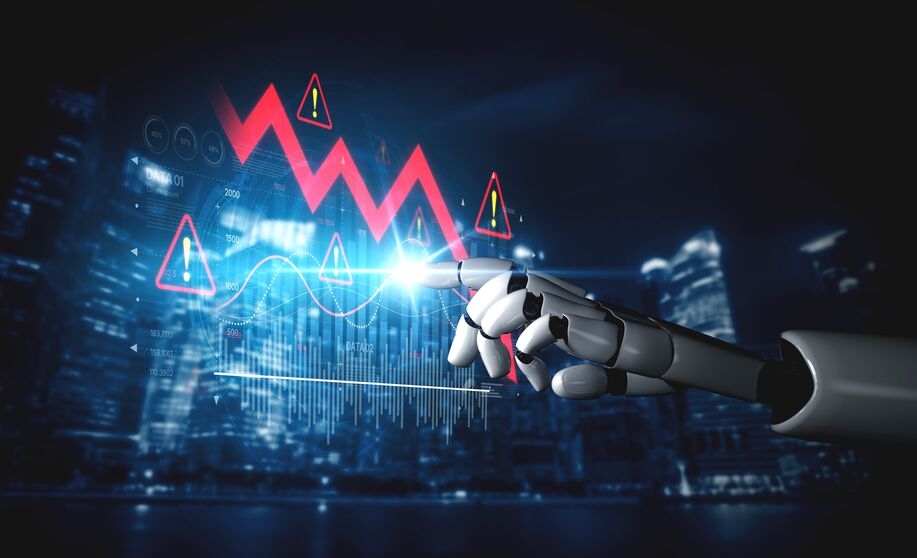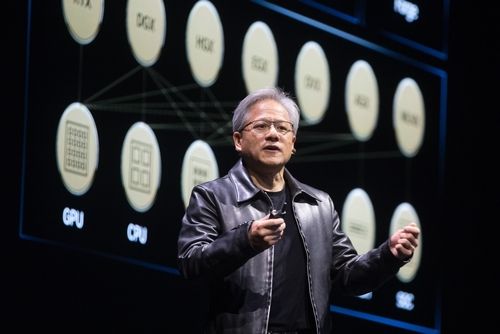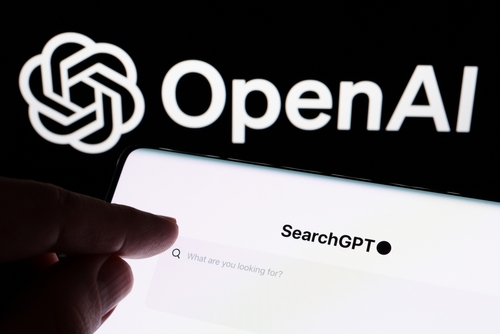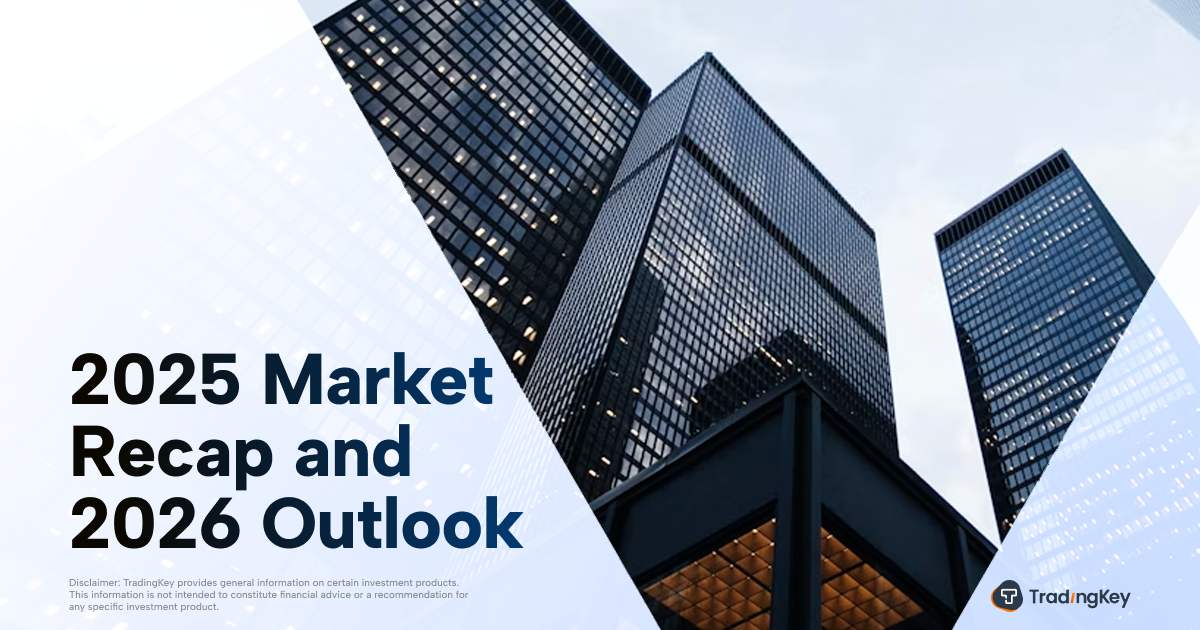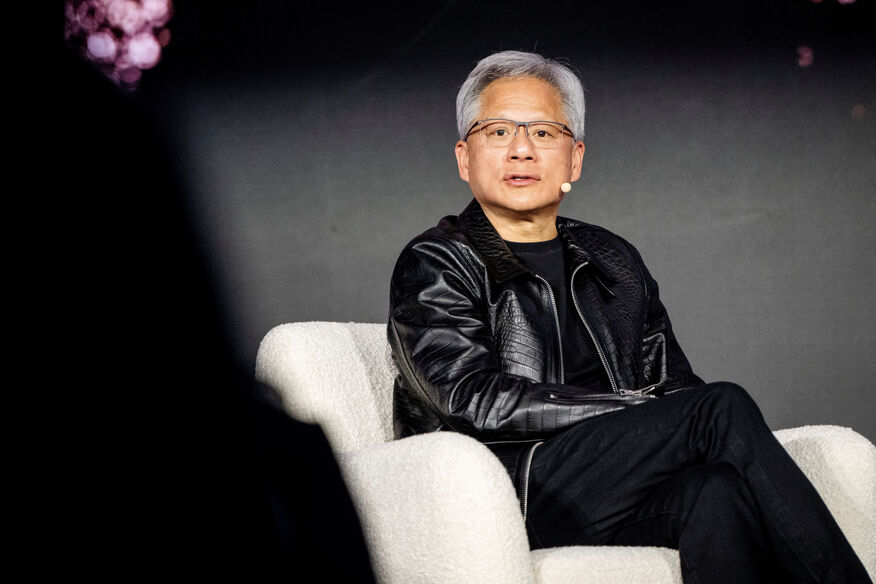[Reuters Analysis] Can Nvidia results dispel creeping AI doubts?: McGeever
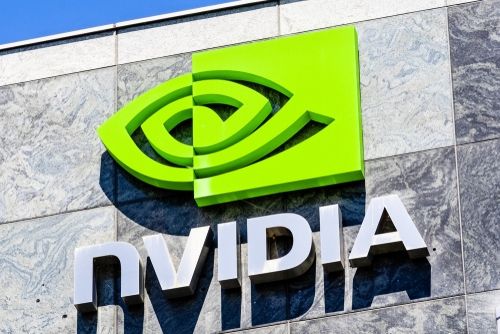
By Jamie McGeever
ORLANDO, Florida, Aug 26 (Reuters) - Questions are arising about when artificial intelligence will deliver its promised returns, meaning tech-concentrated U.S. equity indices sitting near record highs are vulnerable to a correction.
Nvidia's quarterly results this week could therefore potentially be explosive – not just for the company's shares or the tech sector, but for all of Wall Street.
The U.S. chipmaker and global AI leader is the world's most valuable company, with a market cap of $4.4 trillion. That's double the entire value of Germany's benchmark DAX and represents 8% of the S&P 500, the largest share for any single stock in the index's history.
Nvidia is expected to report a 53% increase in revenue to $46.02 billion on Wednesday, according to the mean estimate from 40 analysts, based on LSEG data. That would be higher than the company's own guidance three months ago.
Given Nvidia's unprecedented weight in the U.S. market, its earnings releases have become an event – almost akin to U.S. GDP or inflation statistics. But Wednesday's numbers will be scrutinized particularly closely given the questions being raised about whether we're seeing an AI bubble.
'OVEREXCITED'
Doubt appears to be creeping in among investors about when and by how much - or even if - the eye-watering investment in AI projects and infrastructure will begin to pay off. And it's not just the bearish, contrarian, 'Magnificent Seven' short sellers peddling this narrative either.
"Are we in a phase where investors as a whole are overexcited about AI? My opinion is yes," said none other than ChatGPT founder Sam Altman earlier this month, according to The Verge.
A recent Massachusetts Institute of Technology study found that 95% of companies are getting zero return on the billions of dollars they have plowed into Generative AI investments. More than 80% of companies have looked into or started using tools like ChatGPT and Copilot, but they only boost individual productivity, not firms' bottom line, the study found.
Investors appear to be growing antsy, with some beginning to rotate out of expensive tech and growth stocks and into small caps and value names. In the last two weeks, the Invesco QQQ exchange-traded fund tracking the tech-heavy Nasdaq 100 is down nearly 1%, while the iShares Russell 2000 ETF is up over 5%.
That could just be a bit of mean reversion in thin August trading, but it's a nervy backdrop for Nvidia's earnings release.
TRILLION DOLLAR BET
One of the key worries being bandied about is the amount of money companies are investing in AI. The 'Magnificent Seven' U.S. tech giants have pledged hundreds of billions of dollars in the coming years on AI-related investment.
Morgan Stanley analysts predict nearly $3 trillion of global spending on data centers through 2028, with over $900 billion anticipated in 2028 alone. To put that into perspective, capex spending among all S&P 500-listed companies last year was around $950 billion.
Analysts at McKinsey go even further. They estimate that investment in data centers worldwide will need to reach $6.7 trillion by 2030 - covering hardware, processors, memory, storage, and energy - to keep up with demand.
With sums like that, the hurdles to making an attractive return on investment are huge. But so are the potential rewards if they do. Morgan Stanley strategists estimate that the long-term 'economic value creation' for S&P 500 companies from AI could reach $920 billion a year.
In theory, this could increase the S&P 500 market's value by $13 trillion, using a 10-year average multiple of 18.5 times future earnings, or up to $16 trillion, based on the current market multiple of around 22.
HIGH EXPECTATIONS
But that's way down the line. It takes years for new technologies to be fully adopted, and although markets are forward-looking, investors can grow impatient if promised returns fail to materialize. Especially when share prices have run up in the meantime.
We may already be starting to see that in the recent tech pullback. In the four months up to the mid-August high, U.S. tech shares gained 53%, the strongest performance over a comparable period since March 2000, Truist Investment Advisory's co-CIO Keith Lerner recently noted.
"The rubber band for tech stretched too far - at least in the short term. Tech became overcrowded and vulnerable to negative headlines," Lerner says.
Given Nvidia's prominence, a release of bumper figures could calm AI jitters, but its failure to meet analysts' lofty expectations could cause the tech snap-back to become a whole lot sharper.
(The opinions expressed here are those of the author, a columnist for Reuters)
Nvidia valuation and share price
Tech's biggest 4-month rally since 2000
Rotation out of U.S. tech stocks



